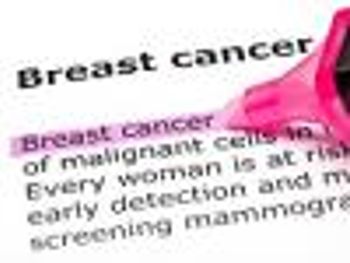
Breast cancer survivors and insurance companies could gain a better understanding of mortality risk with a new model.

Breast cancer survivors and insurance companies could gain a better understanding of mortality risk with a new model.

Chronic infection with hepatitis C virus is the leading cause of hepatocellular carcinoma.

Fuel source of cancer cells could impact their efficacy of CAR-T cell therapies for pediatric patients.
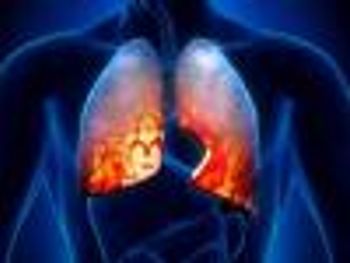
Combining Tecentriq with Avastin shows promise extending survival in patients with non-small cell lung cancer.

AbbVie will not seek accelerated approval of Rovalpituzumab Tesirine as a third-line therapy for small cell lung cancer.
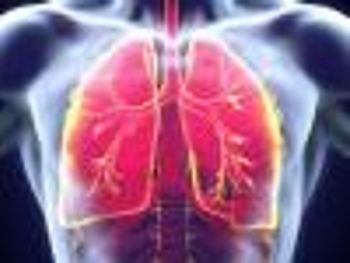
The addition of atezolizumab (Tecentriq) to chemotherapy may improve outcomes for patients with advanced non-small cell lung cancer.
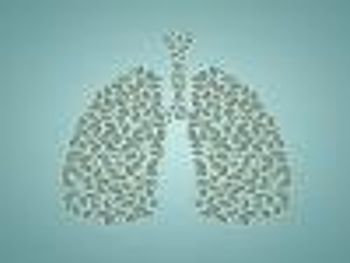
A PET scan could quickly indicate whether EGRF-targeted therapy would be beneficial to patients with non-small cell lung cancer.

Biosimilars for rituximab, trastuzumab, and bevacizumab are currently approved for use in the European Union.

Prostate cancer is the leading cancer in men, with about 1 in 8 developing it in his lifetime.

Olaparib (Lynparza) double objective response rate compared with other breast cancer drugs.

Top news of the day from across the health care landscape.
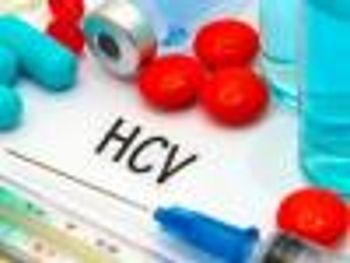
First Abbreviated New Drug Application filed for sofosbuvir (Sovaldi).

FDA approves shorter administration periods and new dosing options for nivolumab (Opdivo).

Research into gene variants may improve targeted treatments for pancreatic cancer.
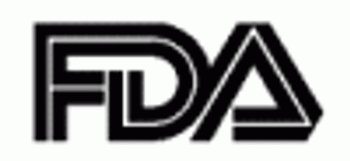
Officials with the FDA have approved ibalizumab-uiyk (Trogarzo, TaiMed Biologics), the first antiretroviral medication for adults with HIV who cannot be successfully treated with other therapies.

A new direct-to-consumer test analyzes saliva for 3 BRCA variants that may elevate the risk of various types of cancer.

A new direct-to-consumer test analyzes saliva for 3 BRCA variants that may elevate the risk of various types of cancer.
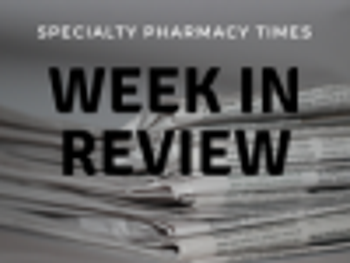
Top news of the week from Specialty Pharmacy Times.
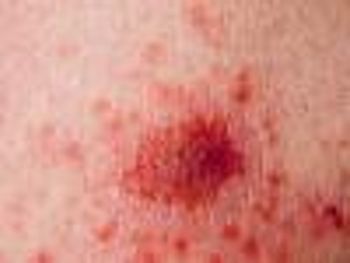
ERK inhibitors may increase the efficacy of other anti-cancer drugs.
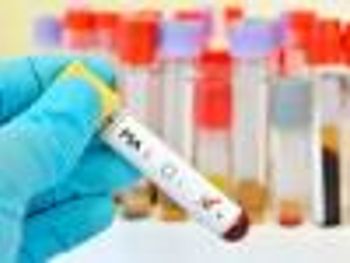
Research highlights the need for new prostate specific antigen testing guidelines.

The National Comprehensive Cancer Network seeks to address issues related to treating HIV-positive patients with cancer, such as the potential for drug interactions.

The FDA previously approved abemaciclib for use in combination with fulvestrant in women with HR+/HER2- advanced breast cancer with disease progression following endocrine therapy.

Top news of the week from Specialty Pharmacy Times.
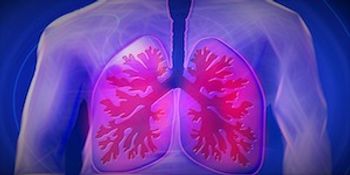
The FDA recently approved durvalumab (Imfinzi) for the treatment of patients with stage 3 non-small cell lung cancer (NSCLC) whose tumors are unresectable and whose disease has not progressed following treatment with chemoradiation.

Enzalutamide (Xtandi) demonstrates a significant reduction in metastasis or death from castration-resistant prostate cancer
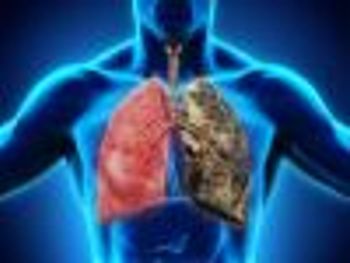
Lorlatinib was designed to bypass non-small cell lung cancer mutations that promote drug resistance
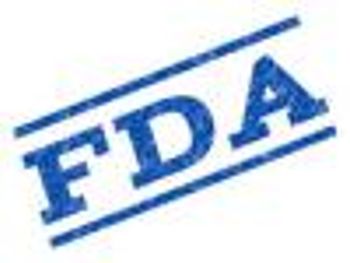
Apalutamide (Erleada) was approved based on metastasis-free survival, which is a new clinical endpoint.

Smoking and alcohol consumption may exacerbate the risk of esophageal cancer associated with hot tea.

FDA expands the indication of abiraterone acetate (Zytiga) to include more patients with prostate cancer.